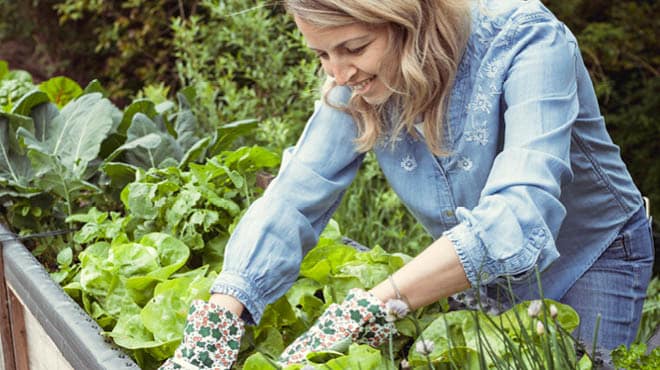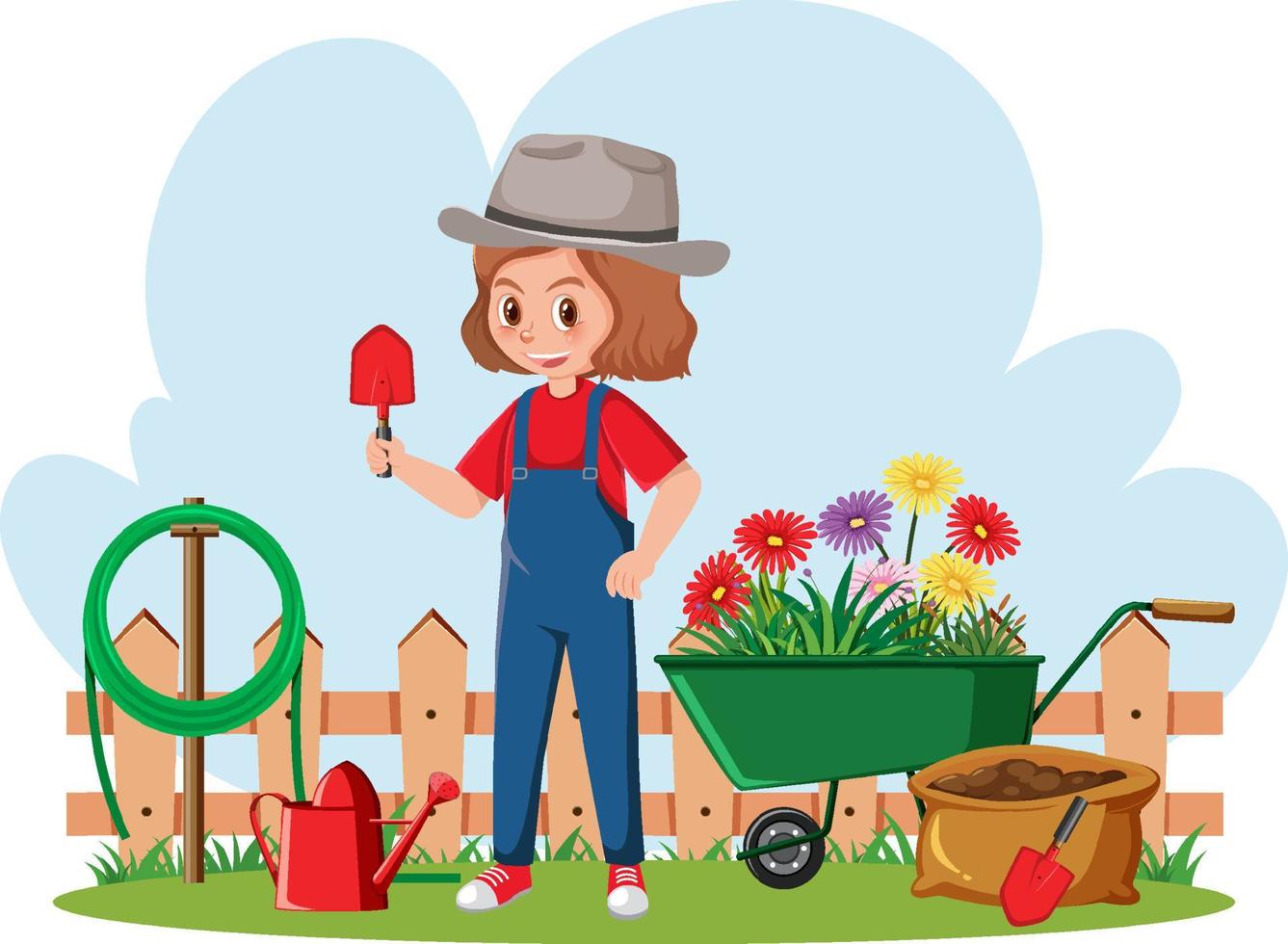Expanding Eco-friendly Thumbs: a Novice's Trip Into the World of Horticulture
Are you anxious to obtain your hands dirty and start expanding your very own yard? You'll learn concerning selecting the right plants, recognizing dirt and compost, and vital gardening tools. We'll also teach you sprinkling and fertilizing methods and exactly how to deal with usual yard parasites. gardening tips for beginners.
Picking the Right Plants
You require to analyze your horticulture space and establish the number of plants that will certainly fit comfortably. Procedure the dimensions of your garden beds or pots and compute the readily available area. Take into consideration the fully grown dimension of the plants you plan to expand.
As soon as you have a clear concept of your gardening room, it's time to pick the ideal plants. Particular plants prosper in full sun, while others favor partial color. This will certainly help you pick plants that are fit to your particular problems.
It's likewise important to consider your level of horticulture experience. If you're brand-new to gardening, choose for plants that are very easy to grow and call for marginal upkeep. Herbs like rosemary, basil, and mint are forgiving and best for beginners. In addition, take into consideration the size of your expanding period. If you live in a region with a shorter expanding period., choose plants that have a shorter maturity duration.
Recognizing Dirt and Compost
Dirt is the structure of your yard, giving nutrients, water retention, and assistance for your plants. It is important to have an excellent understanding of your dirt type, whether it is sandy, clayey, or fertile, as this will certainly figure out the kinds of plants that will certainly prosper in your yard. Bear in mind, a healthy and balanced and fertile soil is the crucial to a successful garden, so take the time to comprehend your soil and incorporate compost to ensure your plants thrive.

Crucial Gardening Tools
Since you understand the value of soil and compost, allow's explore the important gardening devices you'll need to grow your green sanctuary. One of one of the most standard devices you'll require is a garden trowel. This little handheld tool is excellent for digging small holes, hair transplanting seedlings, and scooping soil. An additional important device is a yard fork. This sturdy tool is utilized for loosening dirt, separating clumps, and turning garden compost. A great pair of horticulture handwear covers is a must-have to safeguard your hands from thorns, prickly plants, and dust. Seek handwear covers that are resilient, breathable, and offer a great hold. A garden hose or watering can is important for maintaining your plants moisturized. Choose a hose with a spray nozzle that permits you to adjust the water circulation and stress. A strong set of trimming shears or secateurs is important for cutting and shaping your plants. Seek shears with a sharp blade and comfortable handles. A garden rake is beneficial for leveling soil, removing particles, and spreading out mulch. With these essential tools in your gardening collection, you'll be well-equipped to develop and maintain your eco-friendly sanctuary.
Watering and Fertilizing Strategies

Handling Common Yard Vermin
As a newbie gardener, you may come across common yard pests that can create chaos on your plants. These bugs can range from pests like beetles, caterpillars, and aphids, to little pets like rabbits and squirrels. It is necessary to be able to deal and identify with these parasites effectively in order to shield your plants and make certain an effective garden.
One of the initial steps in look at more info taking care of garden parasites is to frequently inspect your plants for any type of indicators of invasion. Try to find eaten leaves, openings in the vegetation, or the existence of little bugs. If you identify any type of insects, it is essential to act quickly to avoid them from spreading and causing further damage.
There are a number of approaches you can utilize to regulate yard insects. In addition, there are natural pest control sprays available that can assist discourage and remove usual garden parasites.
Keep in mind, avoidance is key when it pertains to dealing with yard parasites. Keeping your garden cost-free and clean of debris can help in reducing the possibility of an infestation. Regularly removing weeds and dead plants can additionally help remove concealing places for insects.

Conclusion
By picking the right plants, understanding dirt and compost, utilizing necessary gardening tools, and mastering watering and feeding methods, you have established yourself up for success. Do not forget to remain vigilant in dealing with usual yard bugs to ensure your plants grow.
Dirt is the structure of your garden, giving nutrients, water retention, and support for your plants. It is important to have a great understanding of your soil type, whether it is sandy, clayey, or loamy, as this will determine the types of plants that will visit this site prosper in your yard. Keep in mind, a fertile and healthy dirt is the essential to a successful garden, so take the time to comprehend your soil and integrate compost to guarantee your plants flourish.
As a newbie gardener, you might experience usual yard insects that can unleash chaos on your plants. It's crucial to be able to determine and deal with these parasites efficiently in order to safeguard your plants and guarantee an effective garden.